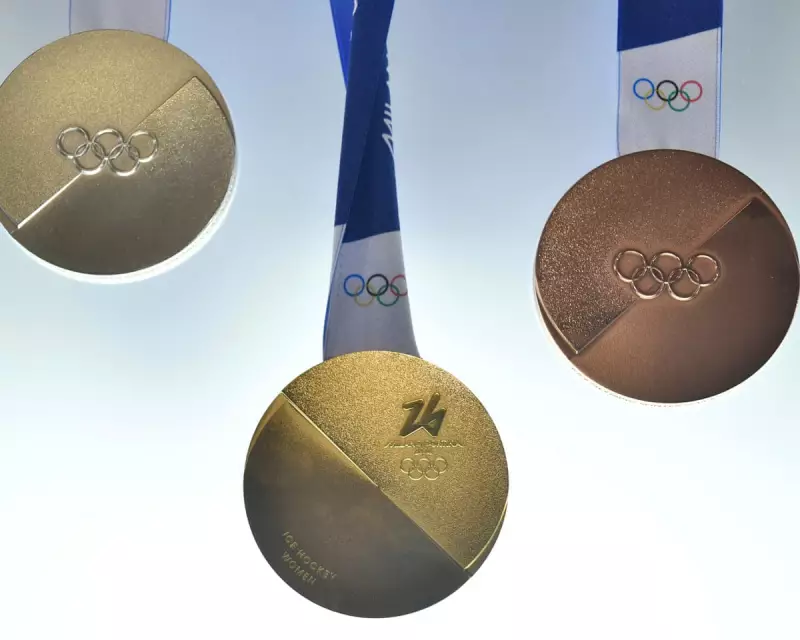
In a landmark decision that has ignited global debate, the United States Olympic & Paralympic Committee (USOPC) has implemented a sweeping ban preventing transgender women from participating in female categories across all Olympic and Paralympic sports.
A Divisive New Era for American Sports
The policy shift, announced on Monday, marks one of the most significant restrictions on transgender participation in elite sports to date. Under the new rules, transgender women who have undergone male puberty will be barred from competing in women's divisions at all USOPC-sanctioned events.
Scientific Rationale vs. Human Rights Concerns
USOPC officials cited "competitive fairness and the integrity of women's sports" as the primary motivation behind the controversial move. The committee referenced several recent studies suggesting that biological advantages may persist even after hormone therapy.
However, LGBTQ+ advocacy groups have condemned the decision as discriminatory. "This policy effectively erases transgender athletes from elite competition," said a spokesperson for Athlete Ally, a prominent sports inclusion organization.
Global Implications for Trans Athletes
The American policy comes amid growing international debate about transgender participation in sports. While World Athletics and FINA (swimming's governing body) have implemented similar restrictions, other organizations maintain more inclusive policies.
Olympic officials have indicated they may review the US decision's potential impact on future Games hosting bids and international relations within sporting communities.
What Comes Next?
The policy is expected to face immediate legal challenges from civil rights organizations. Meanwhile, sports federations across America must now implement the new guidelines ahead of upcoming qualifying events for the 2028 Los Angeles Olympics.
This development leaves many questioning whether other nations will follow America's lead or if this decision will further polarize the already contentious debate surrounding gender and competitive sports.





